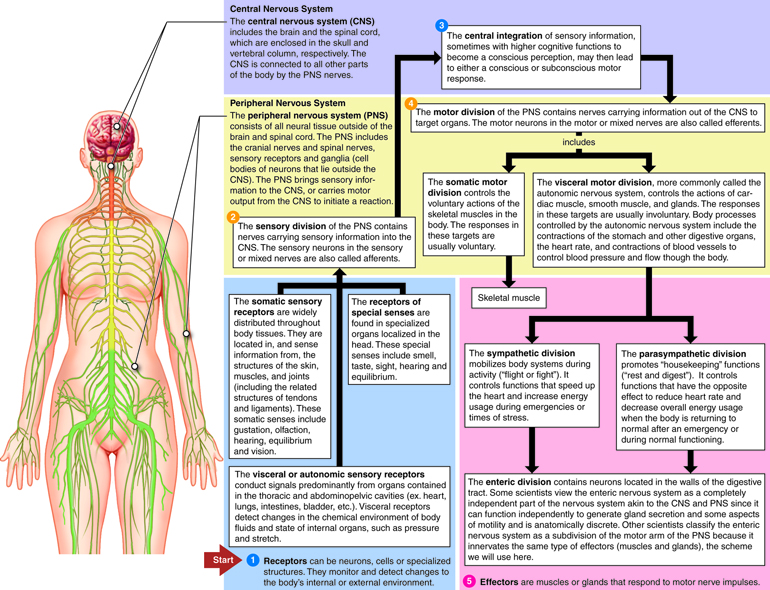Smell is often thought of as the least important of the senses, yet its powerful ability to evoke memories and emotional reactions can’t be denied. Certain smells are deeply embedded in our memories, and the right scent can bring up a combination of emotions and recollections in an instant. With this in mind, it’s no wonder “fragrance and memory” is a term often used together. In this article, we’ll explain why smells have such a strong impact on us and how fragrances are able to unlock our deepest memories.
1. Exploring the Power of Fragrance and Memory
Fragrance has the power to evoke powerful memories and emotions. Just a few familiar scents can spark powerful recollections and feelings.
- The smell of freshly baked cookies may remind you of childhood birthday parties.
- The smell of tyres on a hot summer day may bring back memories of weekend car rides.
- The smell of wood shavings may remind you of family time spent at the workbench.
The power of fragrance and memory is more than just nostalgia. Different fragrances can affect us in a variety of ways. The smell of flowers can reduce stress and calm the mind. The scent of lavender is known to help with sleep disorders, while the smell of citrus can boost your mood.
- A particular scent can impact our behavior.
- Different smells have the power to drive memories and emotions.
2. How Scents Stimulate Our Senses and Emotions
Humans have long sought to bring the comfort and stimulation of scent into their lives. From fragrant flowers and spices to musky incense and herbal oils, scent has been used to alter our moods, evoke memories, and comfort us. But what is it about scent that stimulates us so intensely?
Our olfactory sensors pick up the scents of whatever is wafting around our environment, which can be perceived through our sense of smell. The olfactory nerve then sends electrical signals to the brain’s limbic system, which is responsible for our emotions and memories. This is what triggers our emotional and psychological reactions. Whether we are reminded of a happy vacations, fond memories of a loved one, or a cozy moment in the comfort of our homes, scent can unlock many emotions and feelings. Here are few ways scent can stimulate us:
- Wellness and relaxation: Calming scents like jasmine and cinnamon can raise our sense of wellbeing and reduce stress.
- Creativity and focus: Spicy and woody scents like clove, citrus, or sandalwood can stimulate creative thinking and centered focus.
- Alertness and motivation: Minty and zesty scents like ginger, lemon, and peppermint can help sharpen our alertness and motivation.
With proper use, scent can be used to enhance and affect our moods, boost our creativity, and provide a sense of calm and comfort. The sensory stimulation of scent can have a far-reaching impact when it comes to our physical and emotional wellbeing.
3. Decoding the Science Behind Fragrance and Memory
Humans may be the only mammals with the ability to remember scents vividly. From the comforting smell of home-baked cookies to a fragrant jasmine breeze, every smell is associated with a certain feeling and memory. But how does this work?
Fragrance and memory have a complex relationship that is still being researched by biologists and neurologists. Studies have shown that the olfactory nerves - the ones that are responsible for relaying smells to the brain – have a direct connection to the hippocampus and amygdala. These are the two regions of the brain responsible for emotion and memory. This could be why odors from our past can bring us such strong sensory experiences and vivid memories.
- The olfactory nerves act as the link between smells and memories.
- The hippocampus and amygdala are regions in the brain that play an important role in making memories.
- Smells can evoke strong sensory experiences and vivid memories from the past.
4. Uncovering New Connections Between Smell and Memory
It’s a mystery how our brains turn a snippet of scent into a complex web of emotion and memory. The connection between smell and memory has been widely studied, and scientists have found links between scents and nostalgia, culture, and identity. But what are some of the lesser-known connections between smell and memory?
Recent studies have highlighted some new and extraordinary ways in which smell and memory interact. For instance, smells can be a powerful trigger for the recall of old or forgotten memories. There have been reports of people recalling events from childhood when smelling a familiar aftershave or perfume. Additionally, smell can be linked to ease in learning, as the scent of rosemary has been found to help memorization. Our sense of smell can form complex memories in the same way that other senses do. Here’s a list of some of the incredible impacts that smell can have on memory:
- Triggering forgotten memories: Scents can reboot memories that had long been forgotten.
- Encouraging learning: Certain smells have been linked to improved retention of new information.
- Cultivating well-being: The scent of certain plants and oils can nurture positive moods.
This research shows that our sense of smell plays a deeper role in memory formation than many of us realized. While much of our understanding of the impact of smell on memory is still being explored, these revelations have the potential to help us manage our emotions, improve our cognitive functions, and revive forgotten memories.
As we are reminded that the smell of a scent can bring us back to a special place, or evoke a strong emotion from us, the importance of fragrance not only in our everyday lives but in our memories and emotions is evident. It is a reminder that in our world, something as seemingly small as the smell of a scent can have a profound impact on us all.




